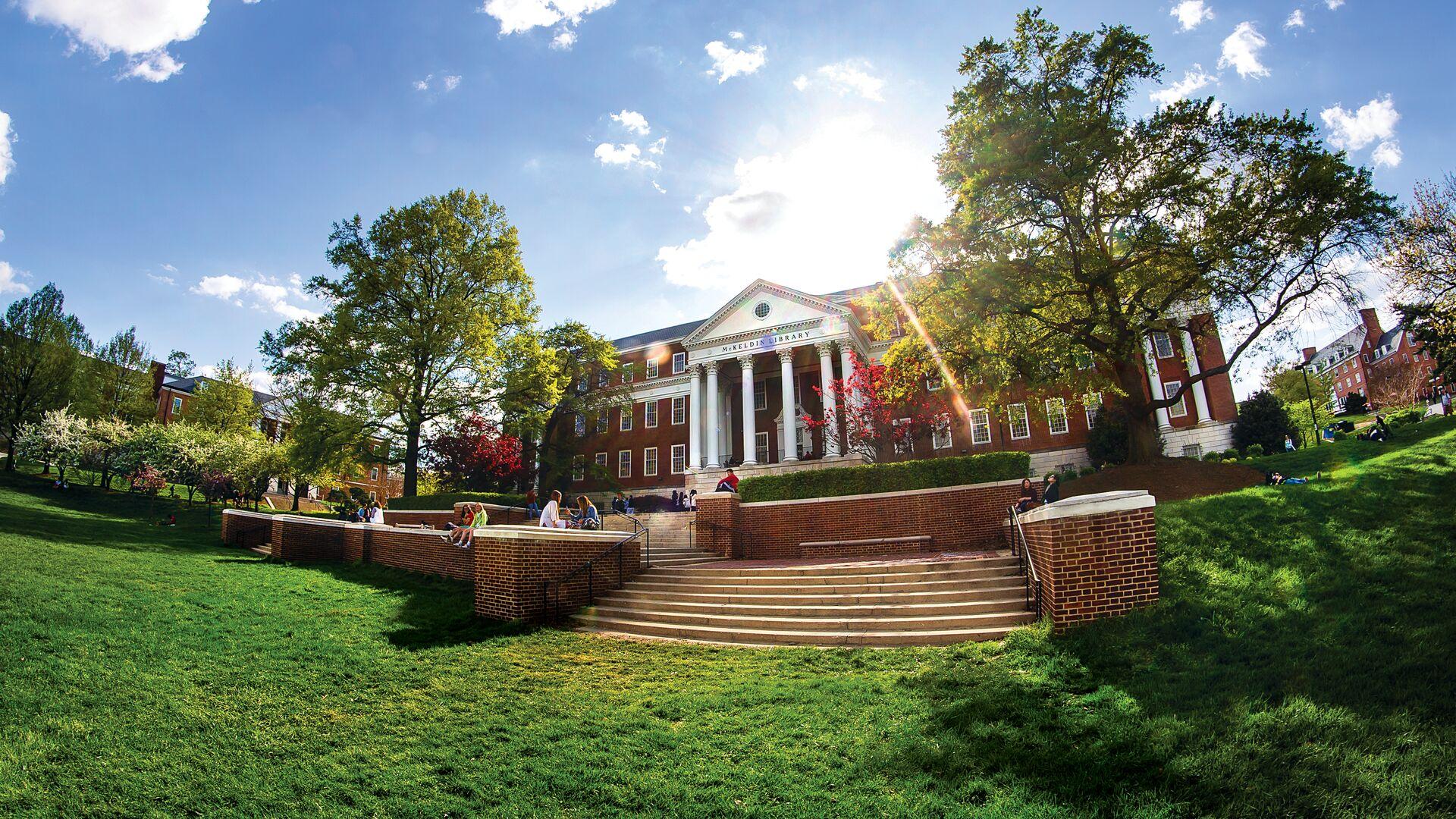News
Displaying 412 - 414 of 762
HuMetricsHSS Initiative Receives $650,000 Mellon Grant
Michigan State University has received a $650,000 grant from The Andrew W.
UMD Wins $5M Phase 2 NSF Convergence Accelerator Award
The National Science Foundation (NSF) announced today a $5 million, two-year award to a multi-institutional team led by the University of Maryland to develop quantum interconnects for ion trap quantum computers.
For Aviation, an Unprecedented Opportunity
The COVID-19 pandemic brought the global air industry to virtual standstill in March 2020, delivering a $370-billion “staggering financial loss to the industry,” according to the International Civil Aviation Organization (ICAO). Seating capacity dropped – by half.
News from Maryland Today
University News

What Happens at UMD if There’s a Partial Government Shutdown?
Answers to Frequently Asked Questions
View Article
What Happens at UMD if There’s a Partial Government Shutdown? 
Proposals Sought for Grand Challenges Grants 2.0
External Funding From First Round Nearly Doubled UMD’s Investment in Solving Societal Problems
View Article
Proposals Sought for Grand Challenges Grants 2.0 
University of Maryland Named Top 10 Public Institution in Influential Research Ranking
Annual Survey Puts University Research Spending at No. 14 Overall, No. 9 Among Public Institutions
View Article
University of Maryland Named Top 10 Public Institution in Influential Research Ranking 
